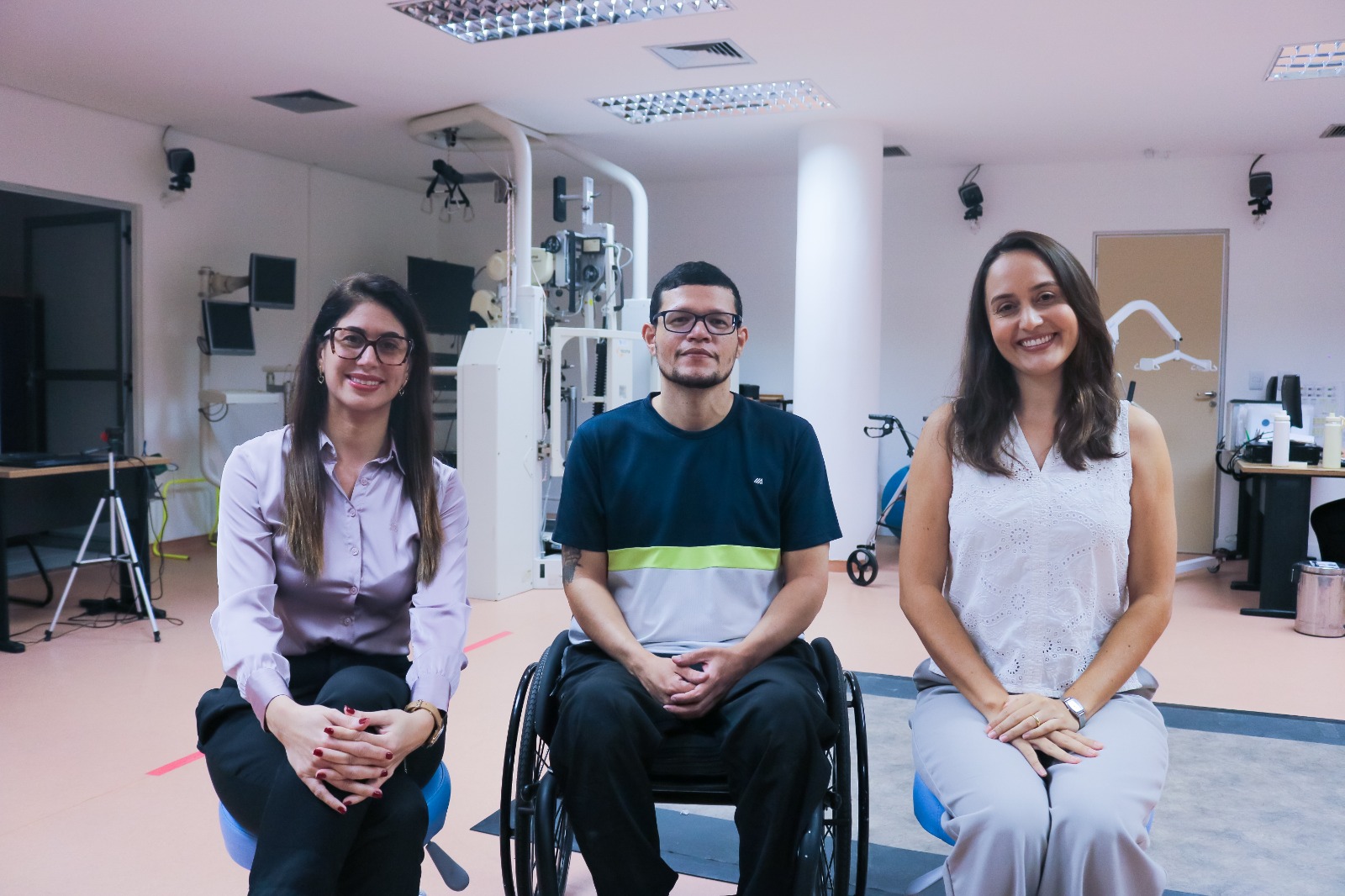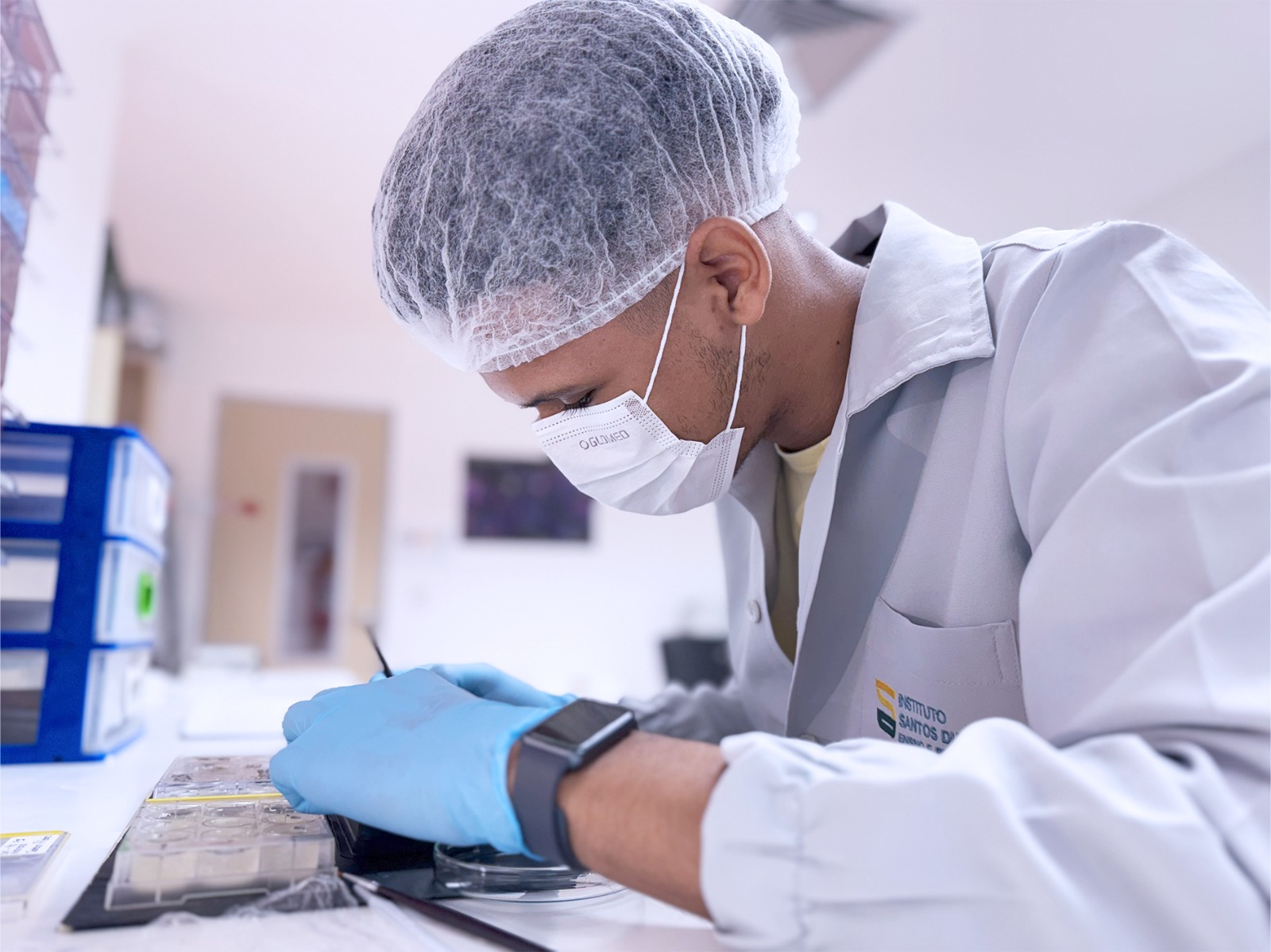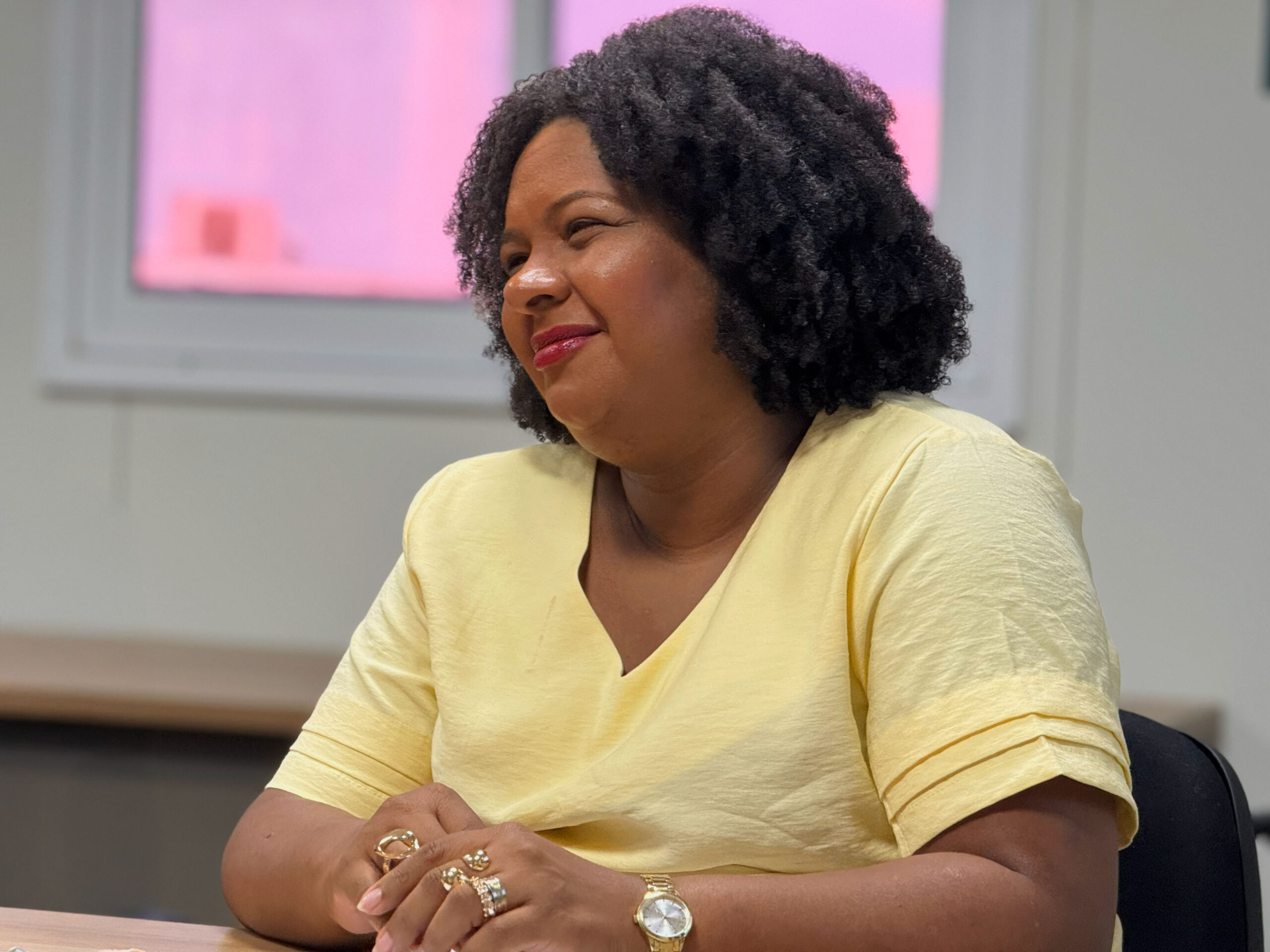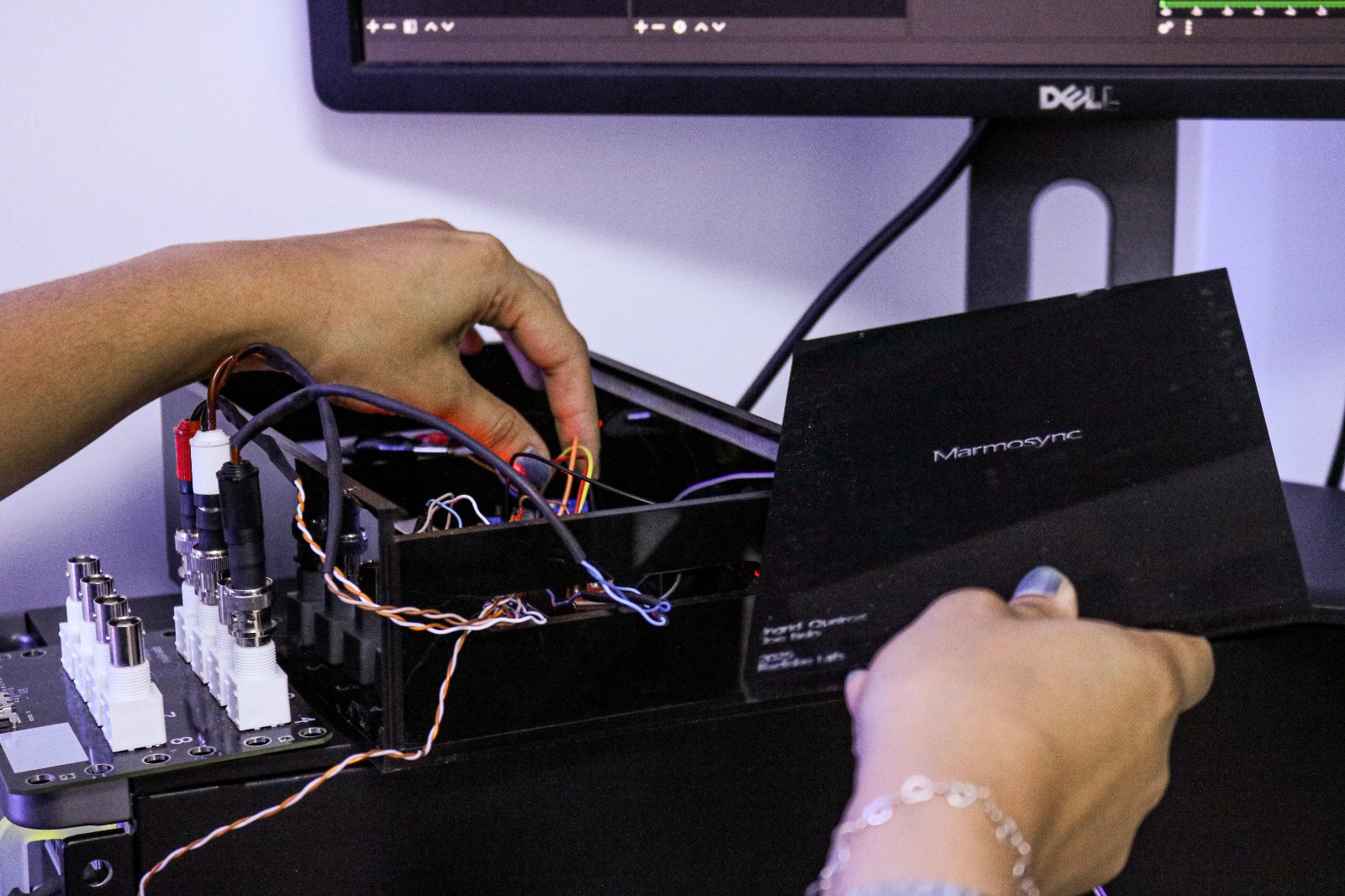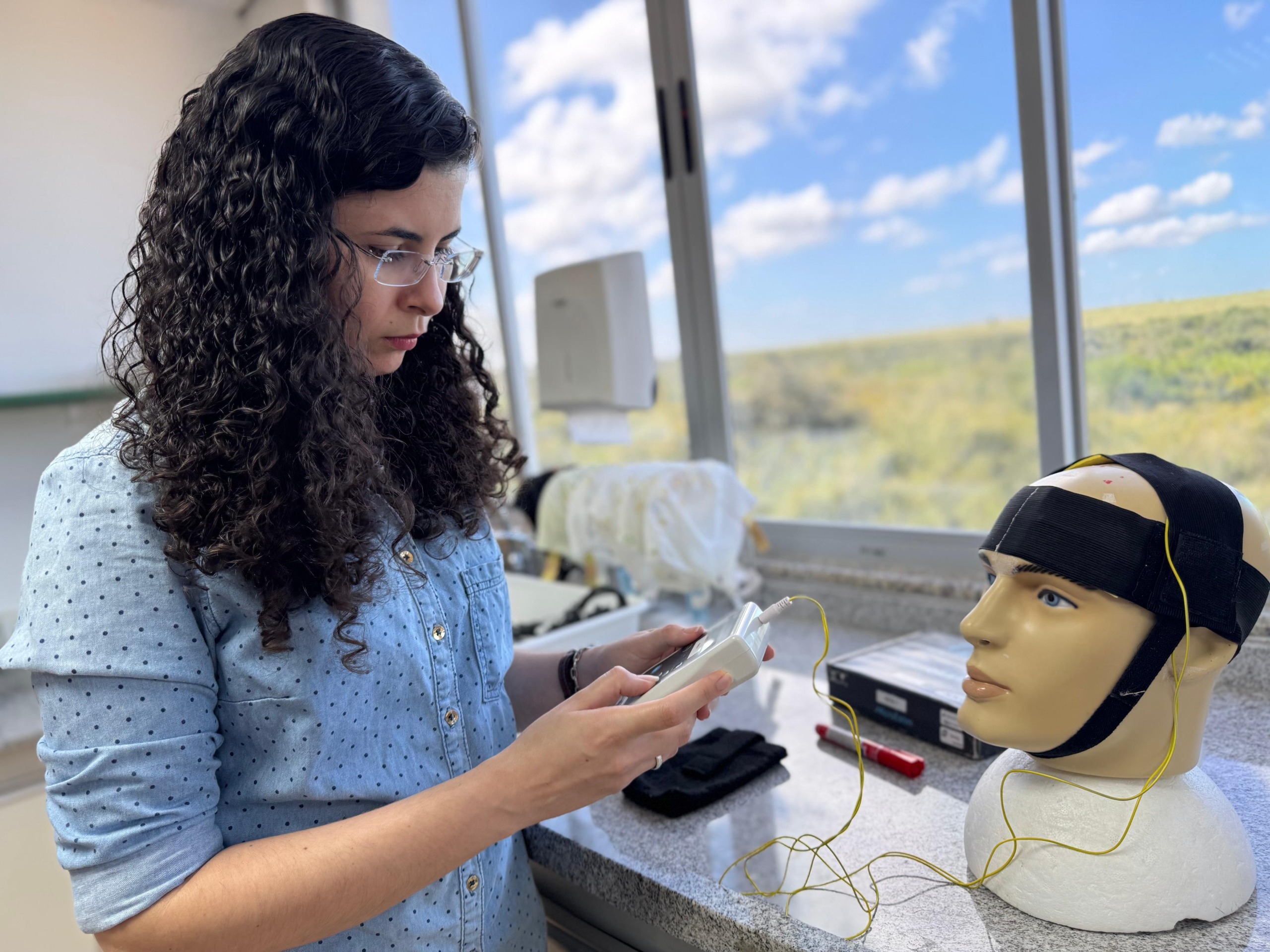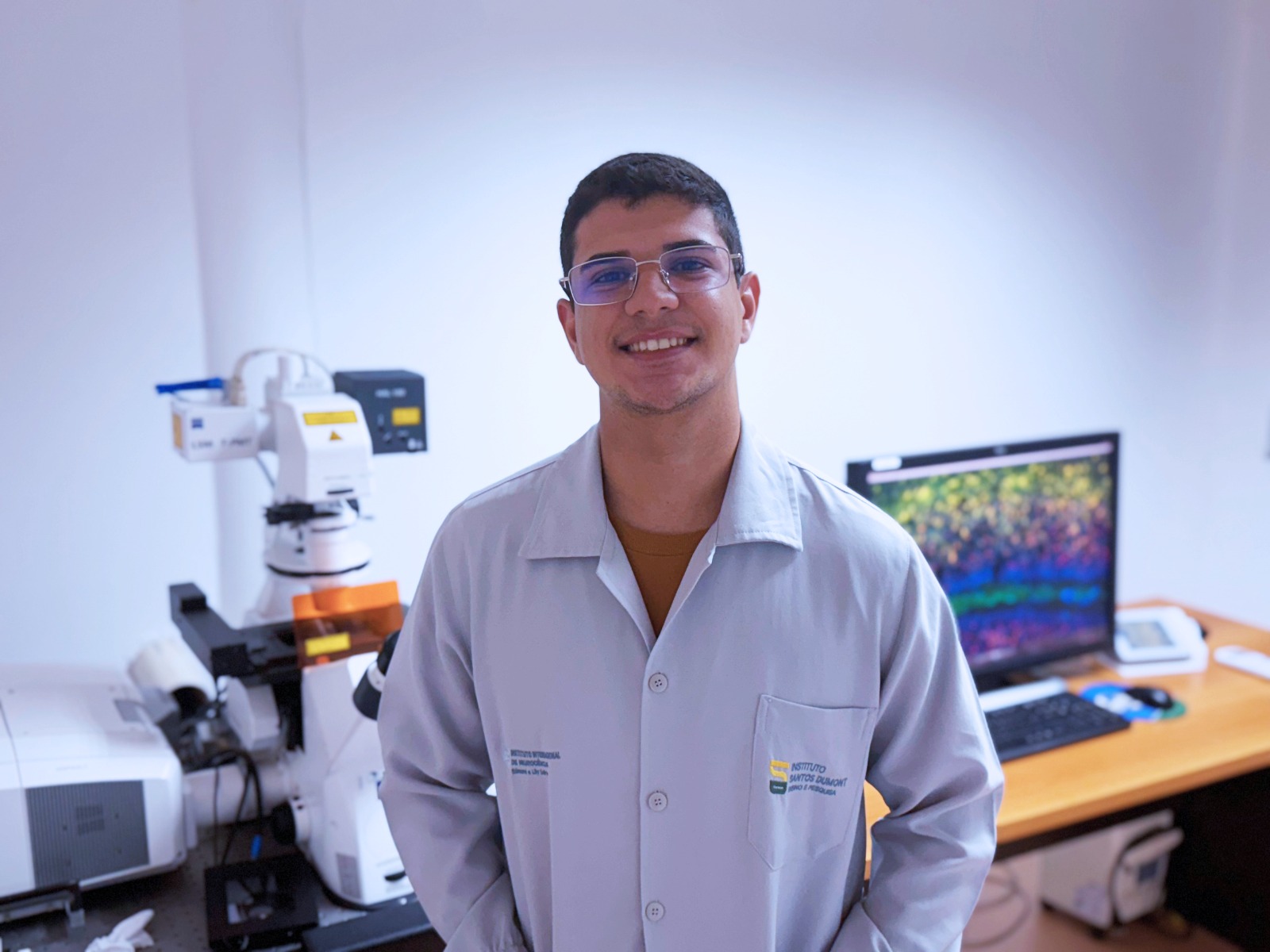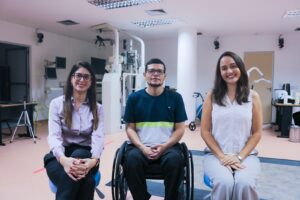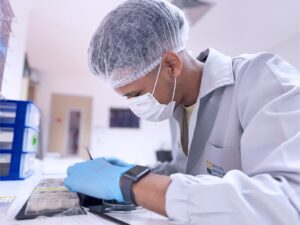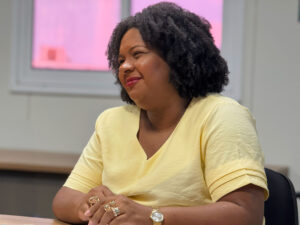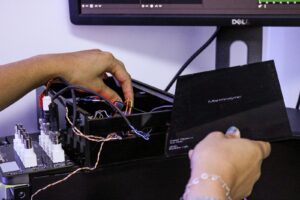One of the most important moments of motherhood is breastfeeding. In addition to bringing mother and child closer together, breast milk should be the only source of nutrition for babies for at least six months. To reinforce the importance of this act, World Breastfeeding Week (SMAM) will open next Sunday, August 1st, which this year has the theme “Protecting Breastfeeding – Everyone’s responsibility”. Aware of its role as an agent for transforming society through health care, the Santos Dumont Institute (ISD), through the Anita Garibaldi Health Education and Research Center (Anita), will develop awareness-raising actions. The first of them will be in a playful way, using puppet theater to attract the attention of pregnant women, postpartum women and society in general to the relevance of breastfeeding. On Monday (2), starting at 1 pm, Anita's preceptor doctors with the support of multidisciplinary residents will present a play in the Center's common area, following all biosafety standards.
Using playful, clear and objective language, they will detail how breast milk is capable of guaranteeing ideal nutrition for newborns, promoting their healthy development. “Breast milk is very important for children up to two years of age or more. In the first six months, a baby who is breastfed does not need any other food, as breast milk is complete and has everything the baby needs, including water”, highlights Renata Rocha, social worker at ISD.
Breast milk offers numerous benefits, from improving the immune system to preventing diabetes, obesity, infections and allergies. But that is not all. Breastfeeding is also good for women's health. It prevents postpartum hemorrhage, anemia, osteoporosis, heart disease, breast and ovarian cancer and depression, in addition to being a pleasurable act that increases self-esteem.
Mother of little Benício, four months old, public servant Suzane Borba highlights the importance of breastfeeding. “Breastfeeding goes far beyond feeding a baby. It is donation in the greatest sense of the word. It’s a lap, security, protection and warmth, a bond between mother and child that grows stronger every day.”
Unfortunately, the lack of information about the importance of breastfeeding is a common reality in many families. Data from the World Health Organization (WHO) indicate that only 38% of children in the world feed exclusively on breast milk in the first six months of life. The intention is that by 2025 this number will reach at least 50%, which is still not enough.
Studies indicate that breastfeeding can reduce the mortality rate of children under two years of age by up to 13%, with the WHO and the Ministry of Health (MS) suggesting that breastfeeding be carried out for two years or more and that the Breast milk should be the exclusive food in the newborn's diet until the sixth month of life.
Currently, there is a drop in the number of donors, at around 30%. The ideal way to meet the State's demand, including private hospitals that also require services, is to collect 15 liters of milk per day. The internal demand alone at the Januário Cicco Maternity School (MEJC), in Natal, is around 6 to 8 liters per day.
SMAM 2021
World Breastfeeding Week is a global campaign to raise awareness and encourage action related to breastfeeding. It is held from August 1 to 7, in commemoration of the 1990 Innocenti Declaration, and began in 1992 with annual themes including health systems, women and work, the International Code of Marketing of Breast Milk Substitutes, community support, ecology, economy, science, education and human rights. Since 2016, SMAM has been aligned with the Sustainable Development Goals (SDGs) – called the SMAM-ODS campaign.
Human Milk Bank
At the Januário Cicco Maternity School (MEJC), at the Federal University of Rio Grande do Norte (UFRN), linked to the Brazilian Hospital Services Company (Ebserh), all mothers receive guidance on how to breastfeed. The institution has a Human Milk Bank (HMB) responsible for quality control and distribution of pasteurized breast milk to approximately 80% of newborns at risk throughout the state.
In operation since 1995, the Milk Bank functions as a support, protection and promotion center for breastfeeding, in addition to offering full support for collection, storage, selection, classification, processing, quality control, freezing storage and distribution as prescribed for donated breast milk. The space aims to promote the maintenance of breastfeeding, helping women with breastfeeding difficulties. “Any mother who needs help breastfeeding her baby can and should seek the specialized service of the Human Milk Banks”, highlights Ana Zélia Pristo, coordinator of the Human Milk Bank.
Milk collection
The home route, in partnership with the Breast Friendly Firefighter Program, of the Military Fire Department (CBM/RN), aims to collect breast milk for babies hospitalized in the Neonatal Intensive Care Unit (ICU) and Kangaroo Ward, being carried out weekly by a nursing technician. The professional who will carry out the procedure wears a cap and mask and, after collecting the milk, sanitizes the container with 70% alcohol, before placing it in the thermal box.
For those who want to be a donor
To be a donor, the woman must be healthy (without any flu-like illness), in addition to not having an infectious disease, such as HIV/Aids, syphilis and hepatitis, nor having taken continuous medication, such as psychotropic drugs. To collect milk, you must first wash your hands with soap and water and wear a cap and mask, then collect the milk in a sterilized bottle.
Any amount of milk can help. Depending on the weight of the newborn, 1 ml is enough to nourish him at each meal. It is worth noting that the pot does not need to be full to donate and make a difference.
How to donate
Just call 84 3342.5800 and register and schedule. Information on donation procedures will be made available. The donor will receive a kit at home with sterilized glass containers and plastic lids.
Text: Ricardo Araújo / Ascom – ISD
Photograph: Ricardo Araújo / Ascom – ISD
Communication Office
comunicacao@isd.org.br
(84) 99416-1880
Santos Dumont Institute (ISD)
It is a Social Organization linked to the Ministry of Education (MEC) and includes the Edmond and Lily Safra International Institute of Neurosciences and the Anita Garibaldi Health Education and Research Center, both in Macaíba. ISD's mission is to promote education for life, forming citizens through integrated teaching, research and extension actions, in addition to contributing to a fairer and more humane transformation of Brazilian social reality.




